Does it even make a difference where you grocery shop? We think it does.
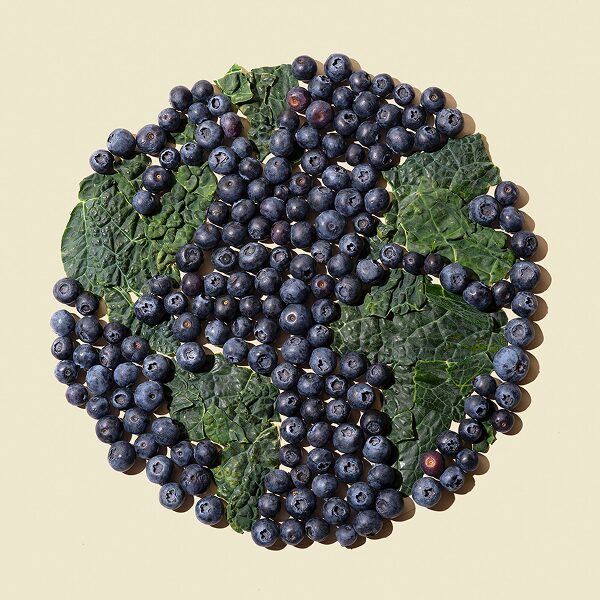
This Earth Month, we’re spotlighting how the small, everyday choice to shop with Misfits Market can add up to something bigger. The truth is, the food system wasn’t built with you—or the planet—in mind. Grocery stores care more about appearances and profits than reducing waste or supporting farmers. But we’re here to change that. Whether it’s a misshapen veggie or a top-quality product in a different-looking package, we’re on a mission to normalize what better groceries really look like—and prove that even a simple grocery order can help build a better food system.
Shopping with Impact
When you shop with Misfits Market, you’re doing more than checking off a grocery list. Every dollar you spend helps build a more sustainable, equitable, and resilient food system. You’re supporting the small and mid-sized farmers, producers, and innovators who are working to fix what’s broken—often behind the scenes, and often against the odds.
That means choosing rescued, surplus, or upcycled food that might have gone to waste. It means supporting organic and regenerative farming practices. And it means reducing the number of middlemen so farmers can earn more, food travels fewer miles, and you get fresher groceries.
The People-to-Planet Connection
The good food we offer starts with good people. That’s why this Earth Month, we’re focusing on the farmers and producers who grow and make your food the right way. These are the folks who are doing the hard work—whether it’s a beet farmer growing heirloom varieties to preserve biodiversity, or a mushroom farm rethinking plastic-heavy production methods.
We’re proud to work directly with these partners, rescuing products that don’t meet traditional grocery store standards and giving them the home (and spotlight) they deserve. Every bite you take from Misfits Market is rooted in something bigger: a food system built on fairness, sustainability, and taste.
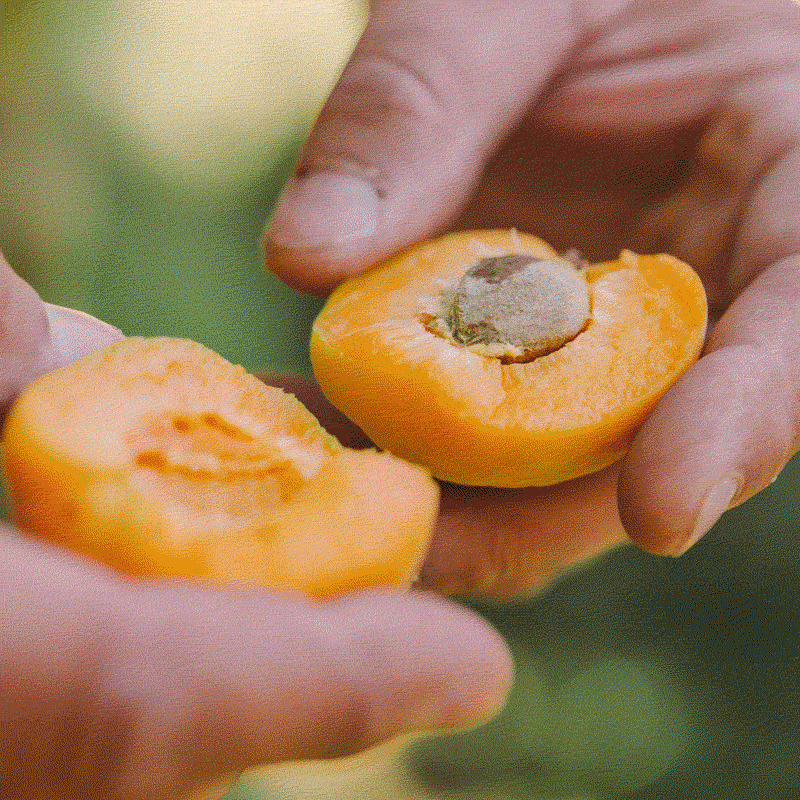
Want to see it in action? Check out some of the producers and partners we’re featuring this month:
🍄🟫 Hedgehog Mushrooms: Growing Mushrooms Differently
Most mushrooms are grown in single-use plastic bags and shipped across the globe. Not at Hedgehog. They’ve reimagined mushroom farming to eliminate plastic, cut energy use, and shorten the supply chain—all while growing flavorful fungi that taste like they were just foraged from the forest floor.
🥭 Crespo: The People Behind Organic Mangoes
At the heart of every Crespo Organic mango is a story of generational farming, community empowerment, and sustainable agriculture. With deep roots in Mexico, Crespo supports farmworker well-being and prioritizes regenerative practices that yield juicy, flavor-packed mangoes—grown with care, not shortcuts.
🍠 Frieda’s: Rescuing Imperfect Stokes Purple Sweet Potatoes
Frieda’s vibrant Stokes Purple® sweet potatoes are packed with antioxidants and flavor—but not every potato meets the cosmetic standards of traditional grocers. That’s where we come in. Together, we’ve rescued over 70,000 pounds of delicious, perfectly imperfect potatoes that were too blemished for shelves, but too good to waste.
🐖 Singing Pastures: Pasture-Raised with Purpose
Singing Pastures isn’t just raising pork—they’re rebuilding ecosystems. By practicing regenerative grazing on family-owned land in Maine, this farm produces delicious, nutrient-dense meat while restoring soil health and biodiversity. It’s a win for you, the pigs, and the planet.
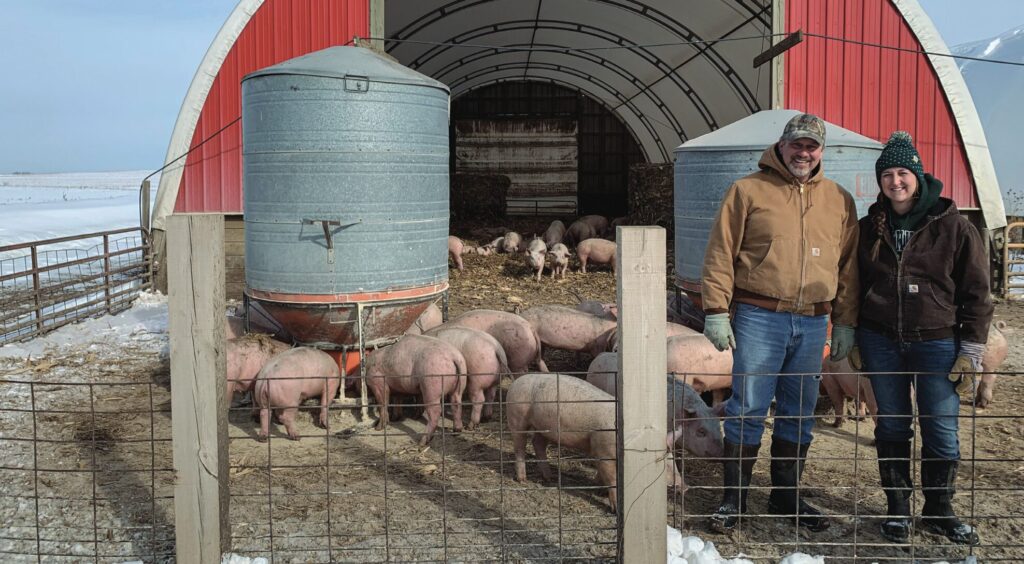
🐄 Niman Ranch: Humanely Raised, Sustainably Sourced
Niman Ranch works with a network of small, independent U.S. family farms who raise animals with care—never with antibiotics or added hormones. Their commitment to humane practices and sustainable land stewardship ensures that better meat also means a better future for farmers, animals, and the planet.
🍚 Lundberg Family Farms: Rice That’s Rooted in Responsibility
For Lundberg Family Farms, sustainability isn’t a trend—it’s a tradition. Guided by the founding philosophy to “leave the land better than you found it,” this family-owned farm has been growing high-quality rice using organic and regenerative practices for generations. A TRUE Zero Waste Certified facility, Lundberg diverts 99.6% of its waste from landfills and has operated on 100% renewable energy for over 20 years. Their commitment to the planet goes beyond the fields, keeping over 3 million pounds of chemicals off the land each year by farming in harmony with nature.
🍑 Homegrown Organics: Stone Fruit and Sustainable Practices
Homegrown Organics takes a holistic approach to farming, putting care for the land and their people first. Their organic stone fruit (nectarines, peaches, oh my!) is grown with practices that are both Equitable Food Initiative and Regenerative Organic Certified—proof that sweet, juicy fruit can also be better for the planet.
🥚 Odds & Ends: The Farmers Behind Your Breakfast
Our private-label eggs come from family farms where chickens roam freely on organic pastures, with 108 square feet per bird. These partnerships ensure we deliver Certified Humane, organic eggs you can feel good about—supporting farmers who are working to fix a broken food system, one egg at a time.
🧀 Cheddies: Certified Cheesy, Planet Friendly
What happens when you start with regeneratively sourced cheese from happy, pasture-raised cows? You get Cheddies—a better-for-you cracker that’s big on flavor and even bigger on impact. Made with real ingredients (no junk, no fillers), Cheddies are regeneratively farmed, Certified Humane, Non-GMO, and packed with twice the protein of typical cheese crackers. Every bite supports soil health, animal welfare, and sustainable farming practices—plus, they’re downright delicious.
🌿 Wholesum: Growing Organics with Purpose
At Wholesum, sustainability isn’t just a talking point—it’s part of their DNA. As a third-generation, family-owned farm, Wholesum is a leader in organic agriculture and fair labor practices. From using 100% renewable electricity to recycling over 95% of their plastic waste, Wholesum grows produce that’s better for the planet and the people who harvest it. Their commitment to transparency and social responsibility is detailed in their annual Conscientious Company Report—a powerful look at what it means to farm with integrity.
🐟 Sea to Table : Wild-Caught, Traceable, and Truly Sustainable
Sea to Table is on a mission to bring better seafood to more people by sourcing only wild-caught, sustainably harvested fish directly from independent American fisheries. Each piece of fish is traceable back to the dock it was caught from, ensuring transparency and support for local coastal fishing communities. Unlike industrial operations, Sea to Table prioritizes low-impact fishing methods that help preserve ocean ecosystems for future generations.
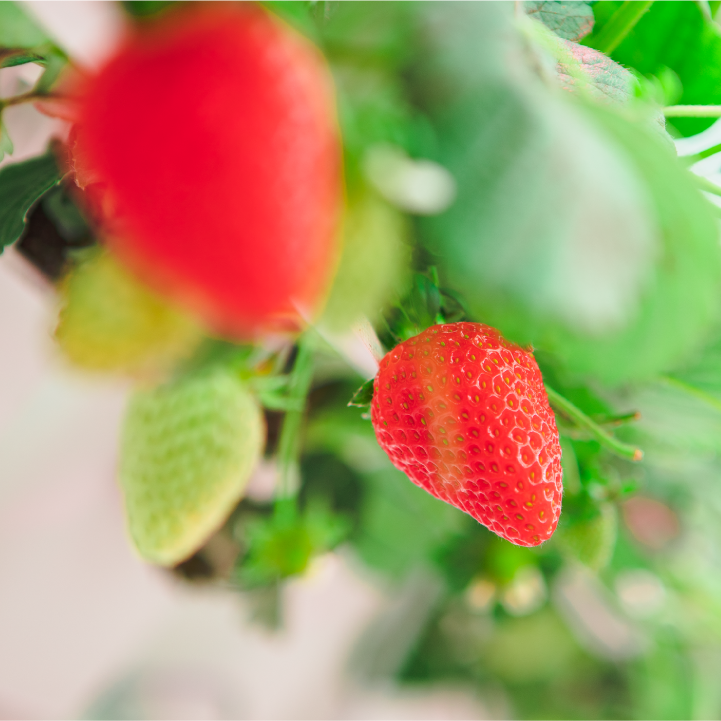
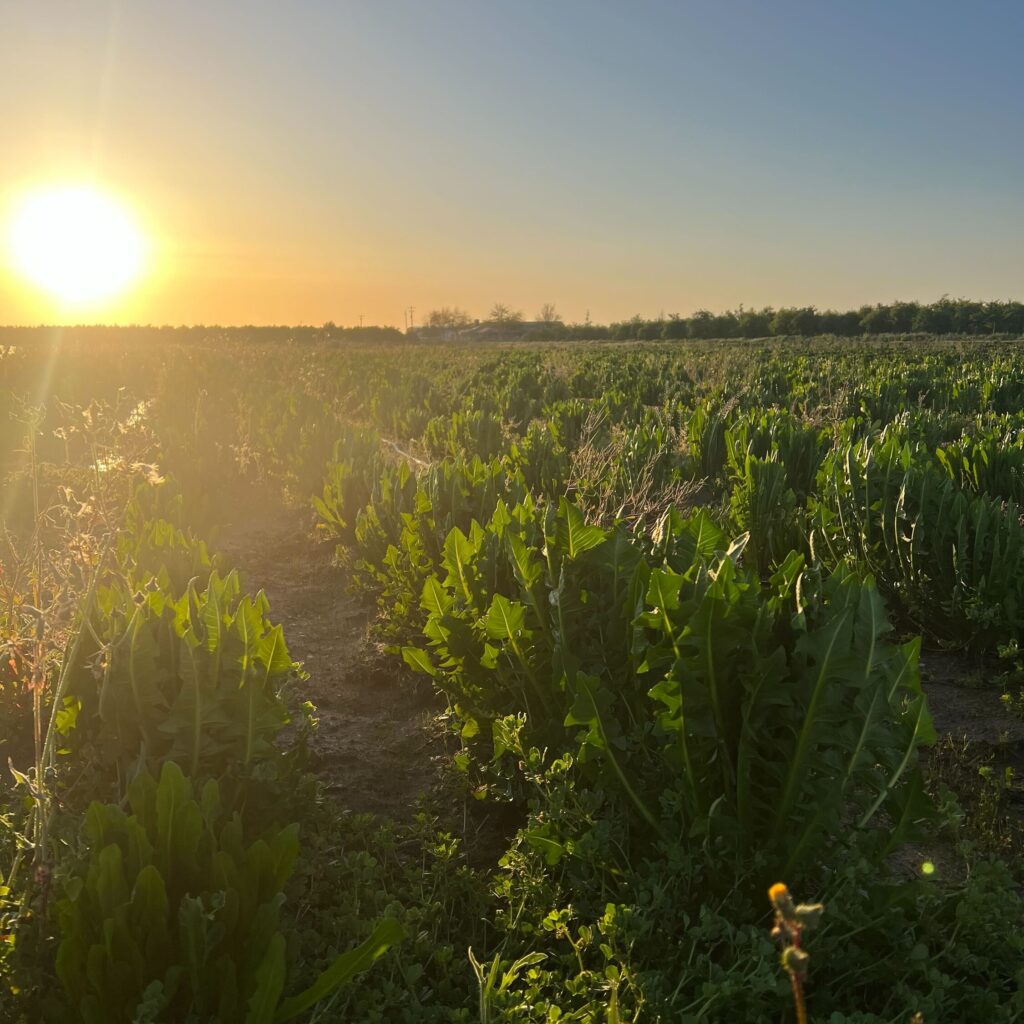
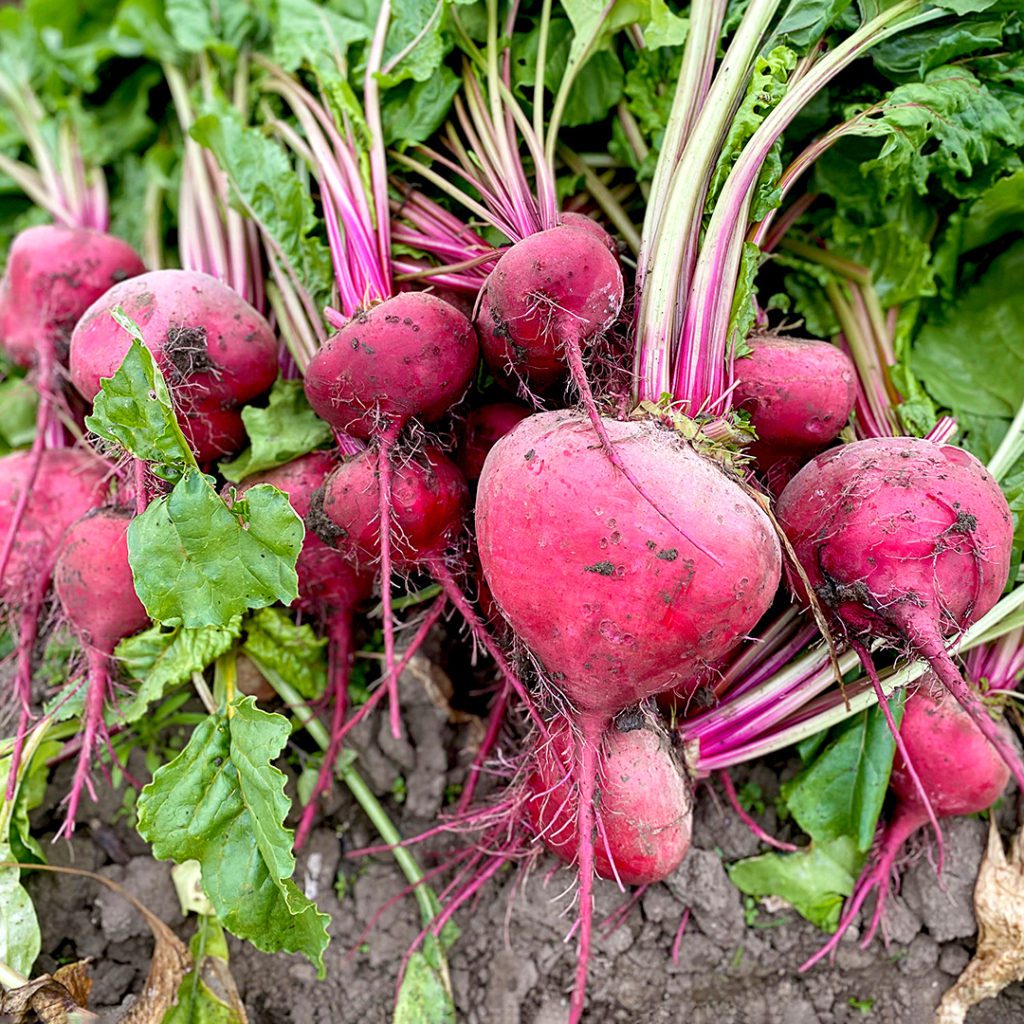
How You Can Help
Building a better food system isn’t about doing everything perfectly. It’s about making more thoughtful choices where and when you can. During Earth Month—and every month—here are a few ways to get started:
- Swap in rescued and upcycled items whenever possible
- Choose planet-friendly protein like sustainable seafood or pasture-raised meats
- Try whole-ingredient recipes that use food scraps
- Learn how to properly store food so it lasts longer and cuts waste
We know the food system won’t change overnight. But together, one grocery cart at a time, we can help shape a more sustainable future.
Because better groceries = a better planet.

